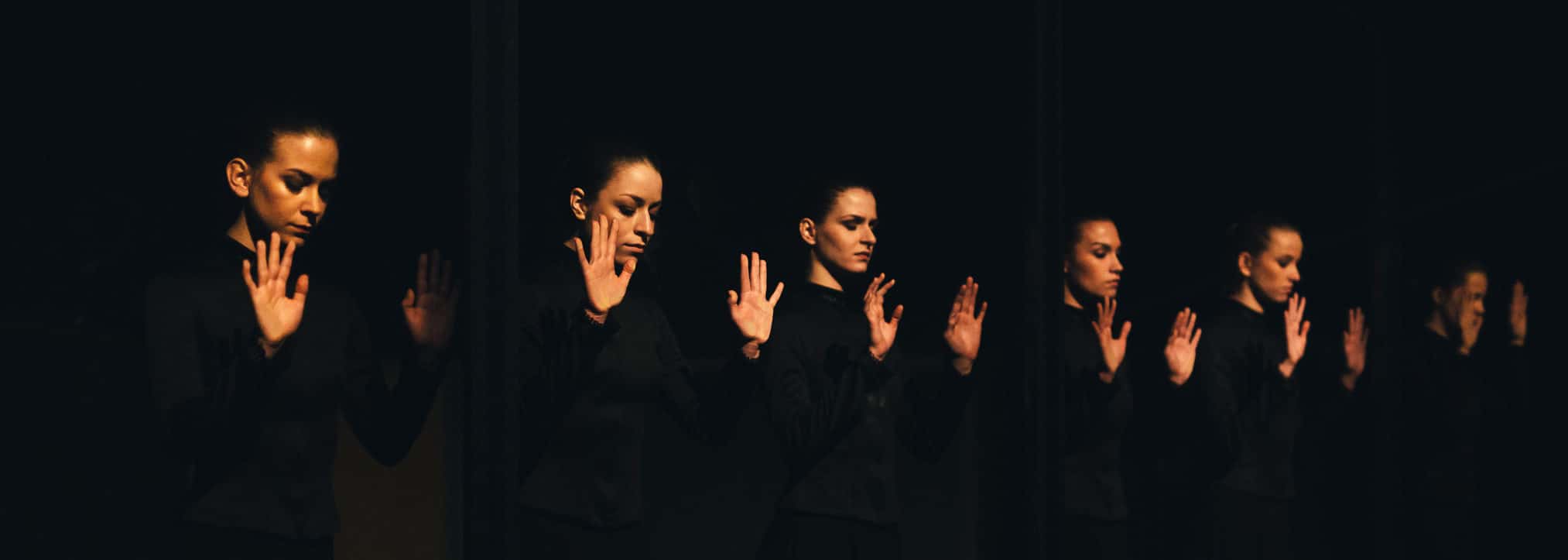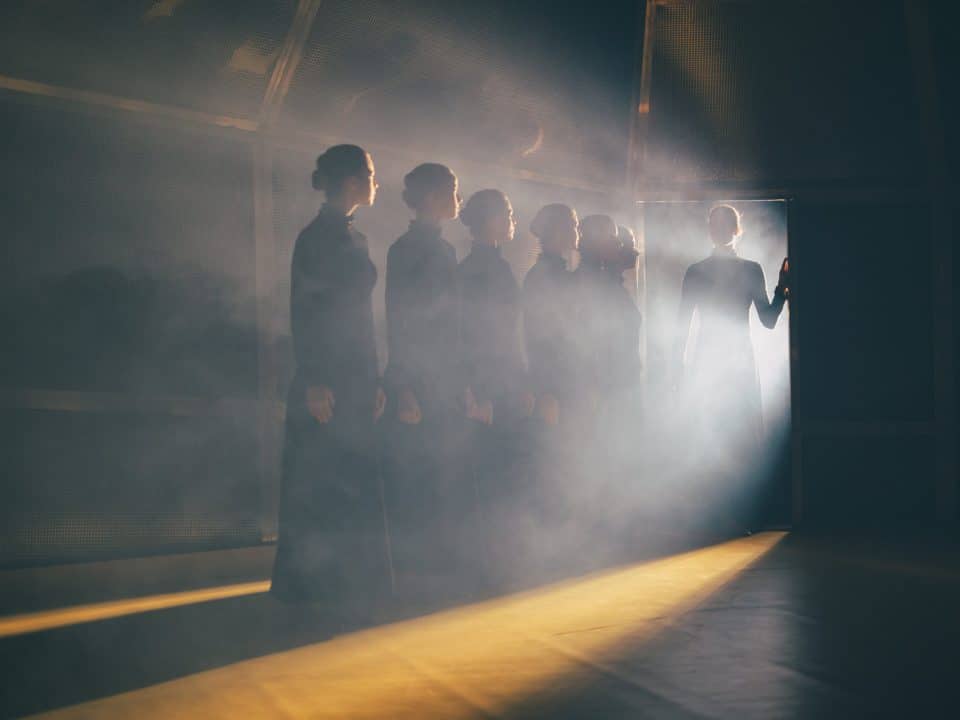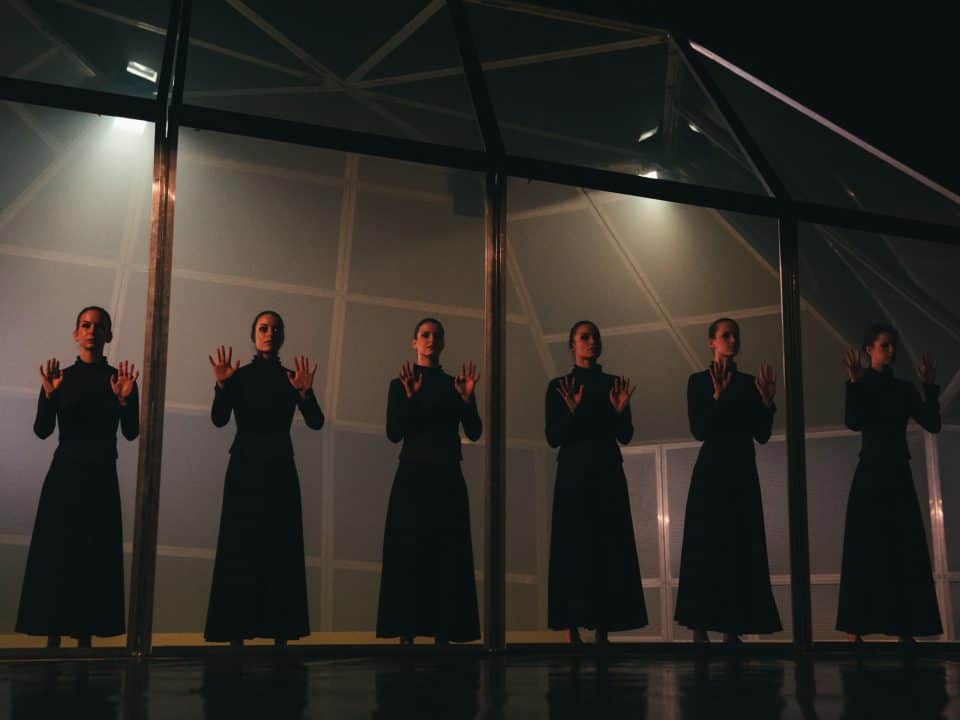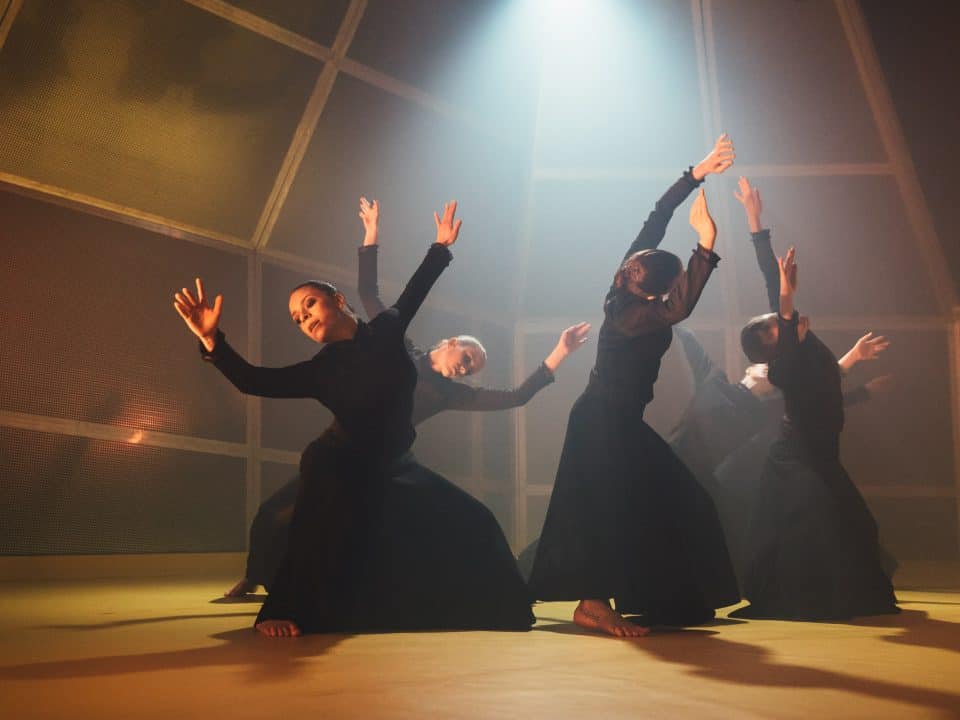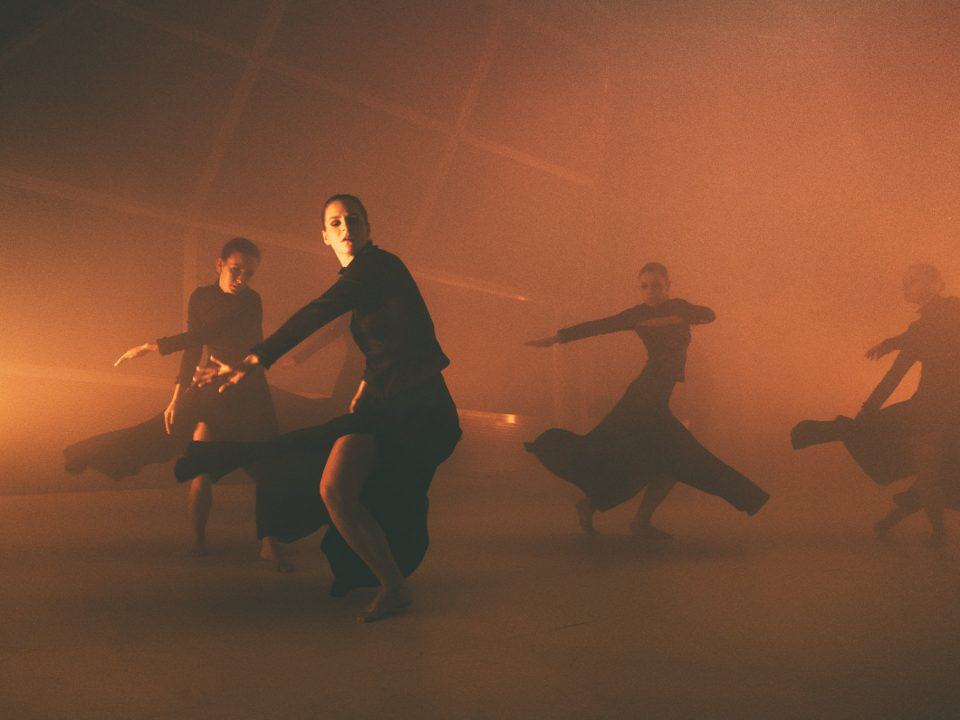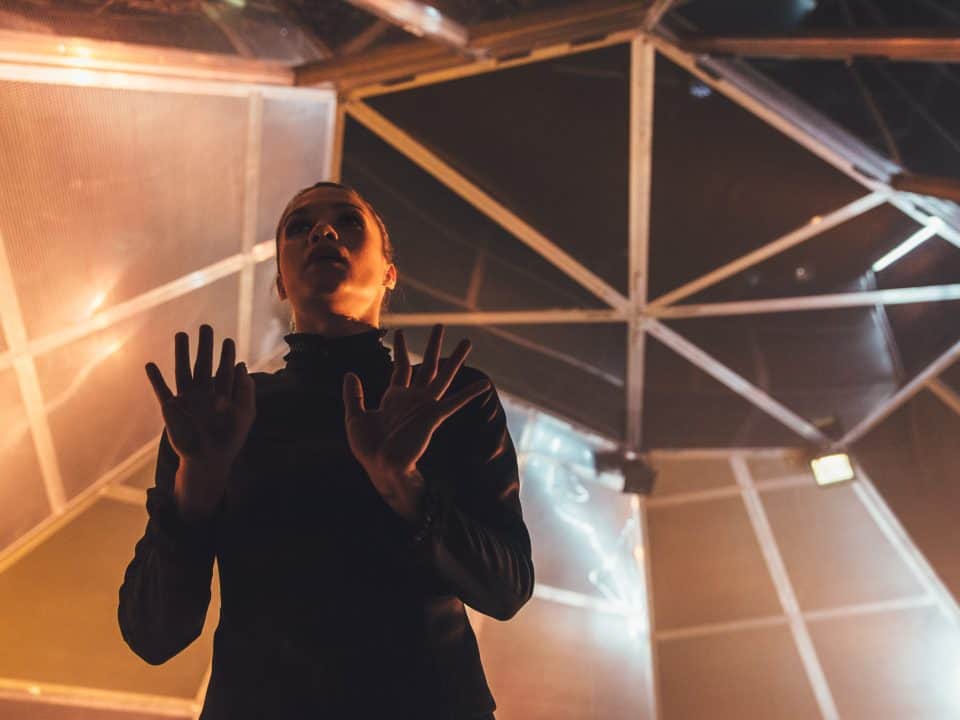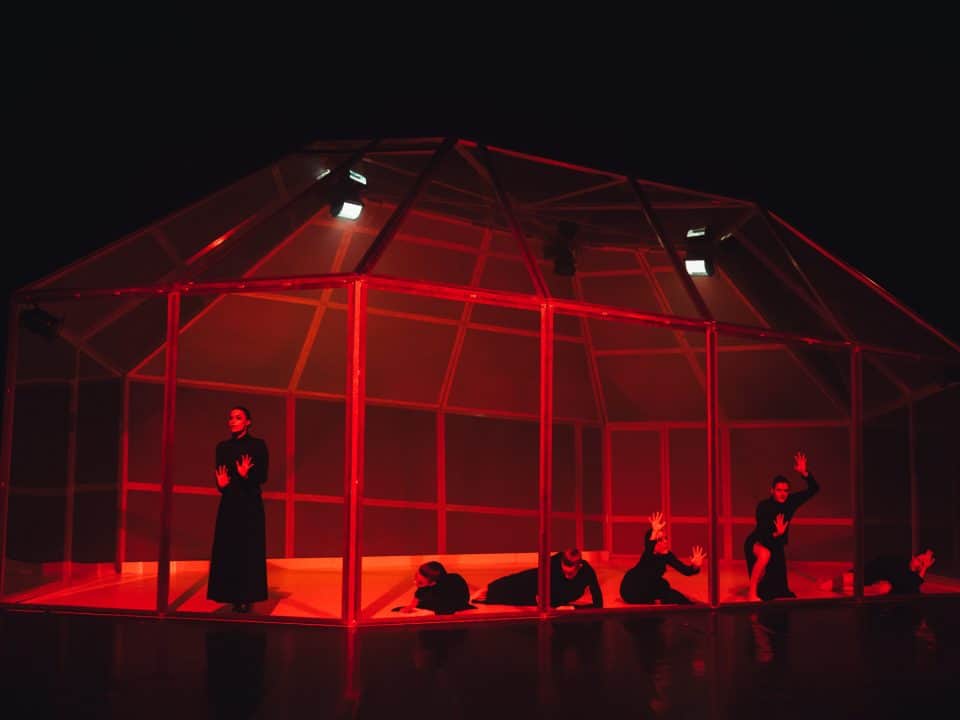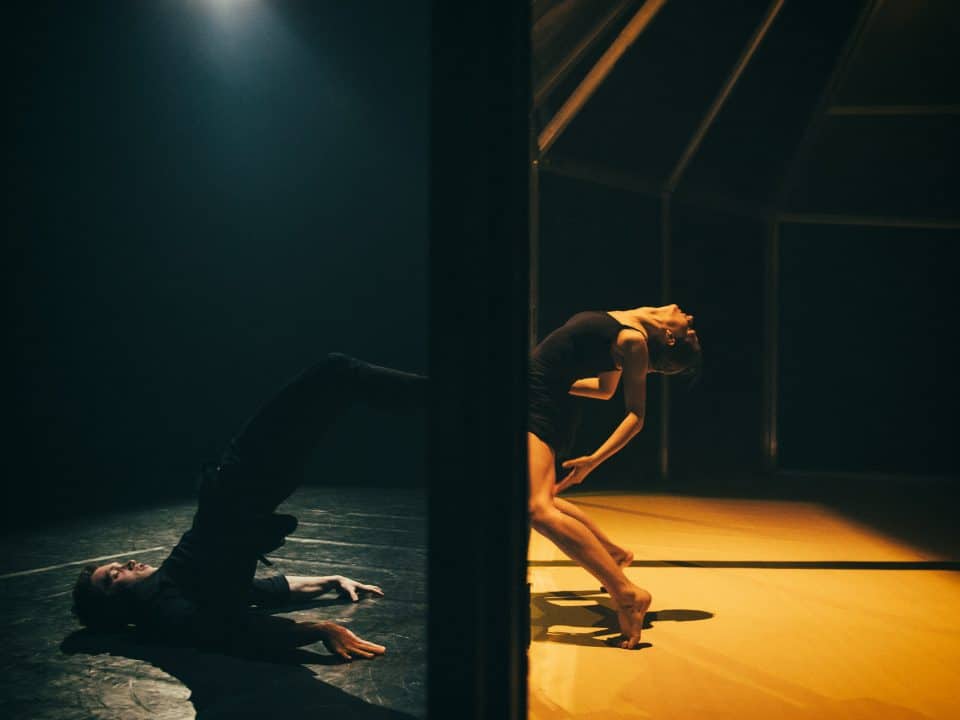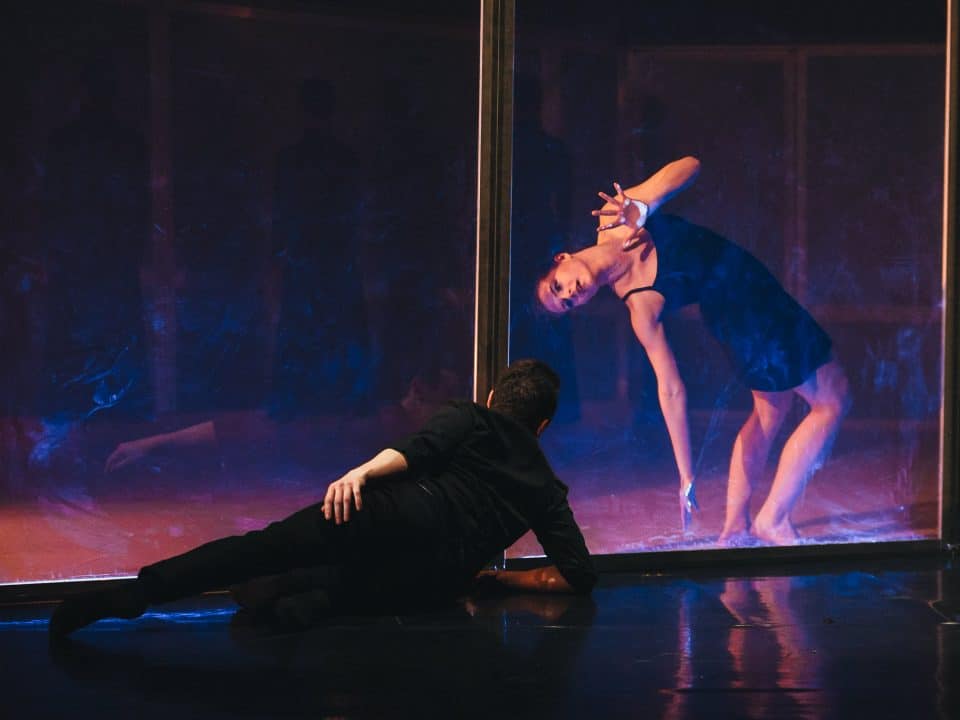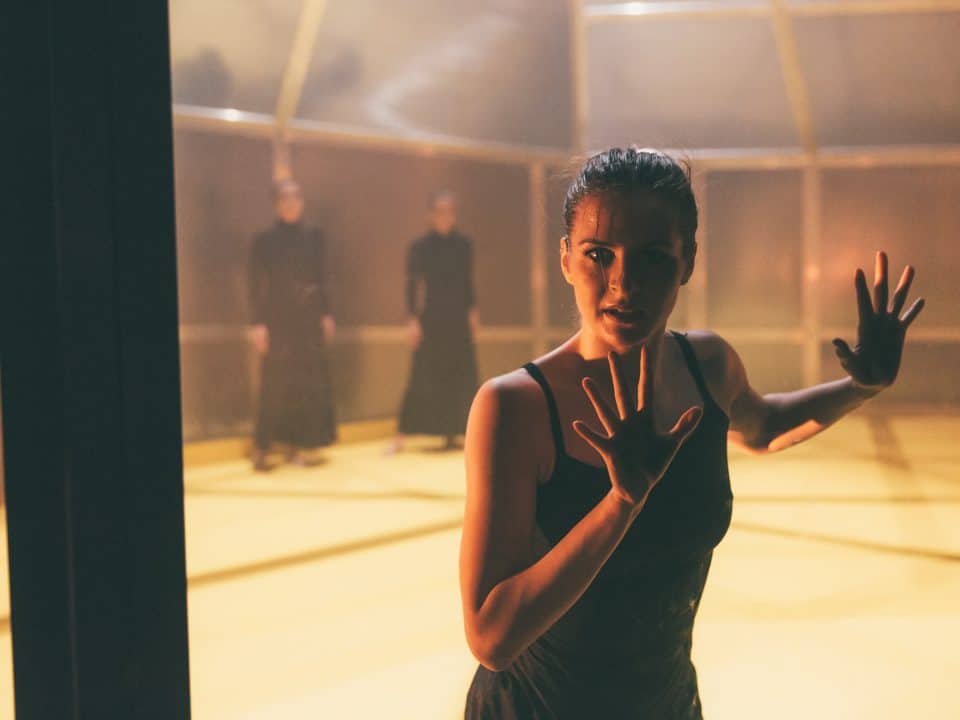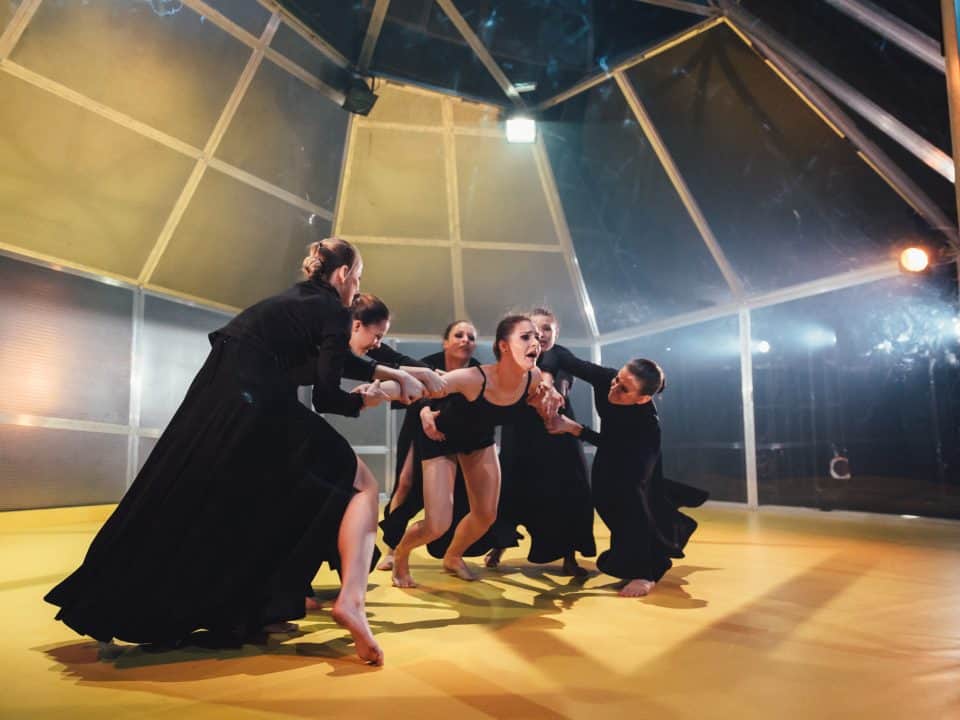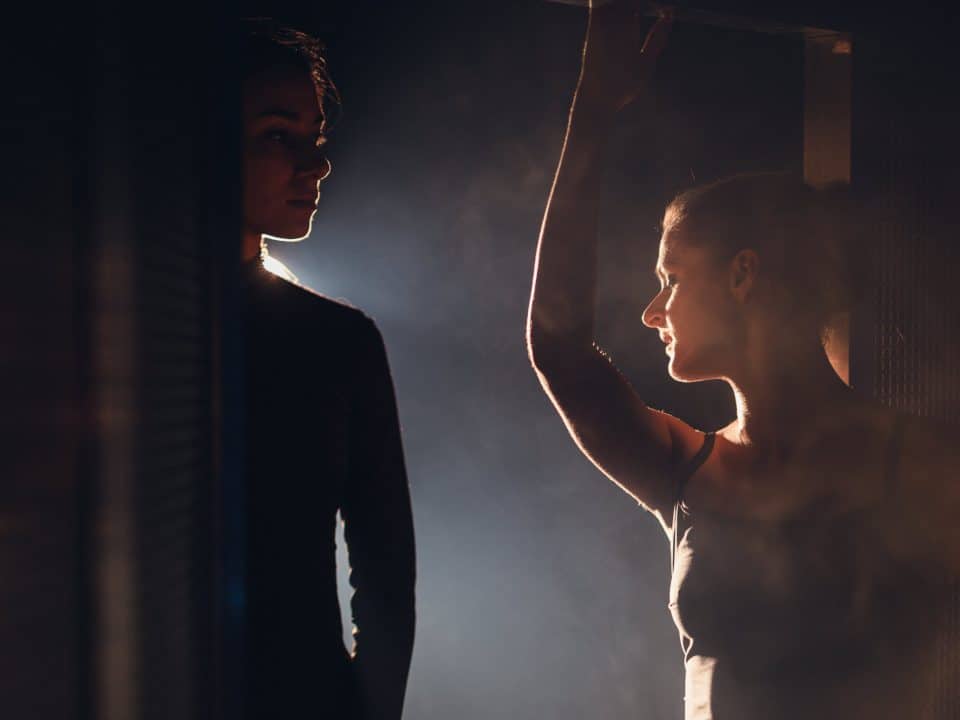The dance piece is a sort of a concentrate, the essence and imprint of my feelings and thoughts after reading Lorca’s play. I intend to show not the story and the characters of the drama but the tension caused by repression and closeness and the nature of turning against one another by the intense power of longing. The main point of The House of Bernarda Alba is the criticism of the social constraints that destroys individual happiness. Lorca makes a great impression on the sultry atmosphere of restrained passions. Those who bend to strict traditions, will assume eternal unhappiness. Those who rebel against them and call for serenity and happiness, will die. “Those who follow their feelings and desires instead of centuries-old moral codes should not face death or excommunication; however, while the influence of puritan society is this powerful, all individual will and seeking of happiness will be met by pain.”
Lorca fought for human dignity, equality, equity and democracy with words, melodies and colours.
DUENDE
“All that has black sounds has duende. These black sounds are the mystery, the roots fastened in the mire that we all know and all ignore, the fertile silt that gives us the very substance of art. This mysterious force, this sacred awe is duende. When the black blood starts to flow from the heart to the body, it is as if one became possessed by a spirit. It emerges from itself to rebuild its spirit from its atoms. It requires and creates a direct relationship between the creator, the receiver and some superior force. It is fed by fundamental question such as those of sin and morality, the fight between good and evil, the existence of God and the Devil. It is always the juxtaposition of opposites, which creates the tension that erupts from the artist. And this eruption is like a volcano. These contradictory forces gather under the surface and the body in which they are trapped tries to suppress them; however, an internal revolt breaks them out unstoppably. These forces and emotional affects may be compared to love-making, as everything becomes clear and quiet when it is done. The tension resolves and duende evaporates.”
Lorca’s spiritual leader, good friend and mentor was Manuel de Falla, the most renowned Spanish and Andalusian composer of the era.
Falla’s works were inspired by the desire for visual imaging and partly his passionate temperament, partly his mimic skill in dances helped him create his works.
